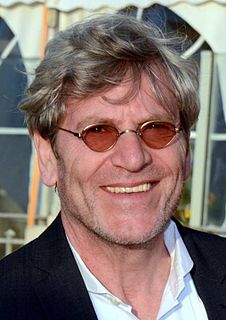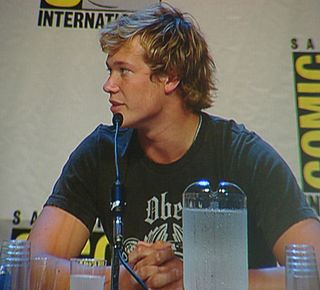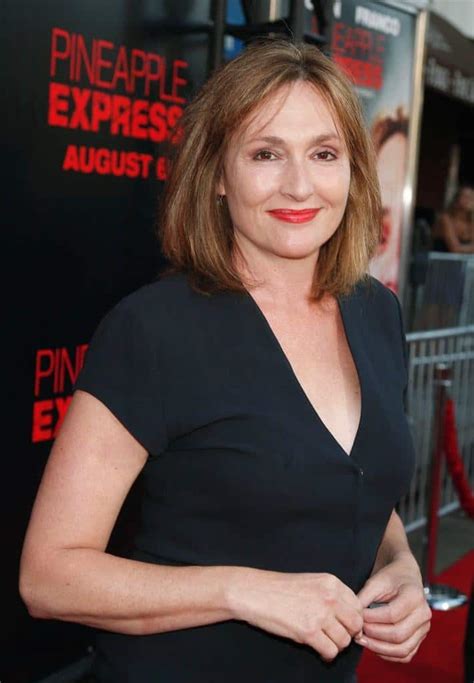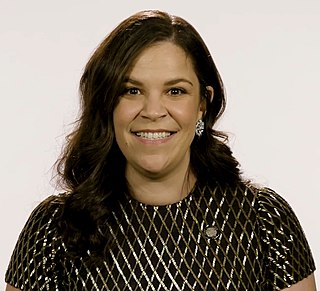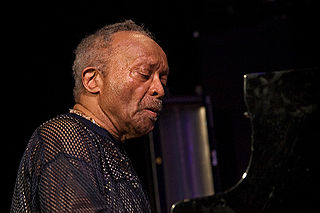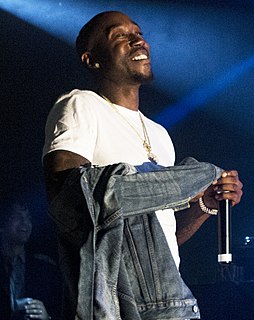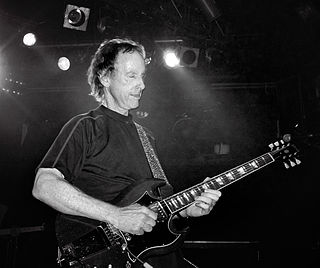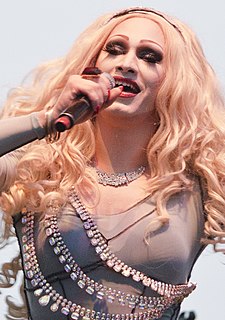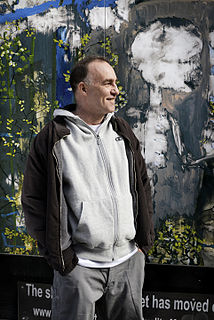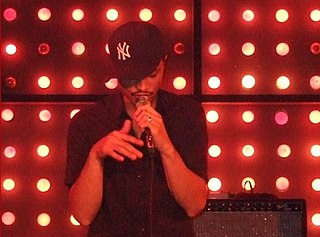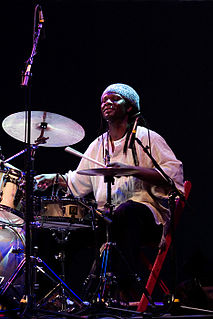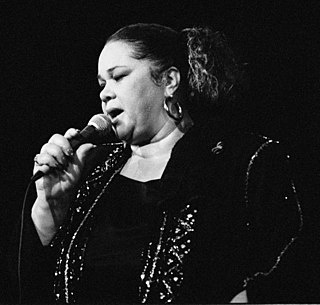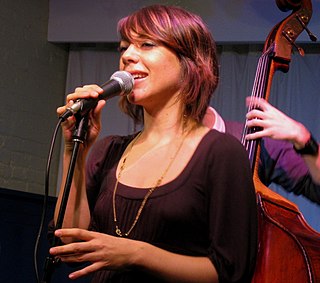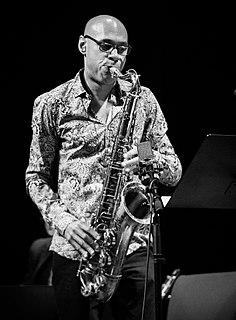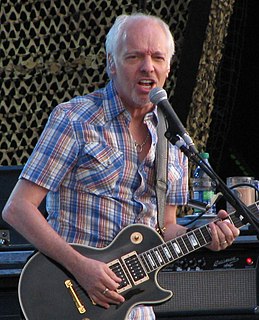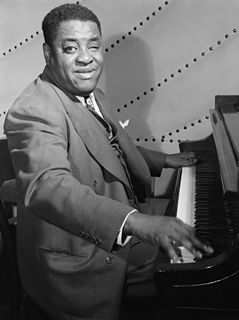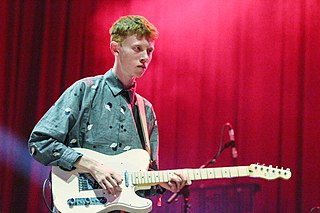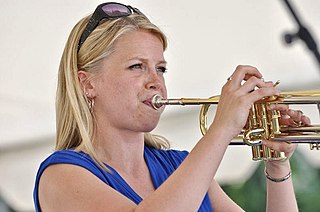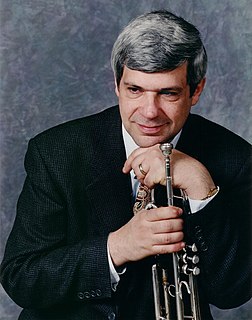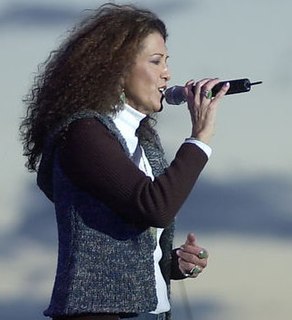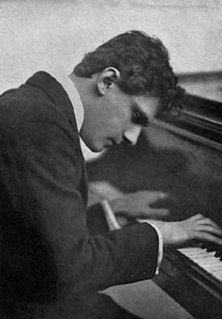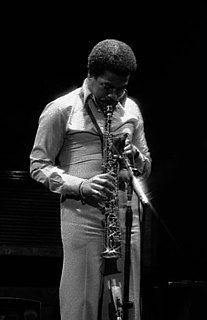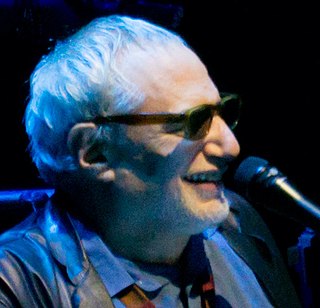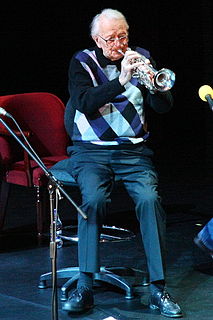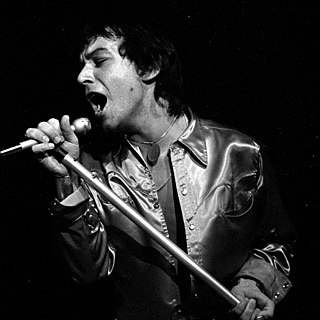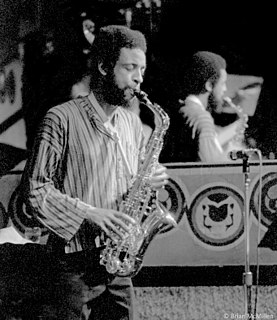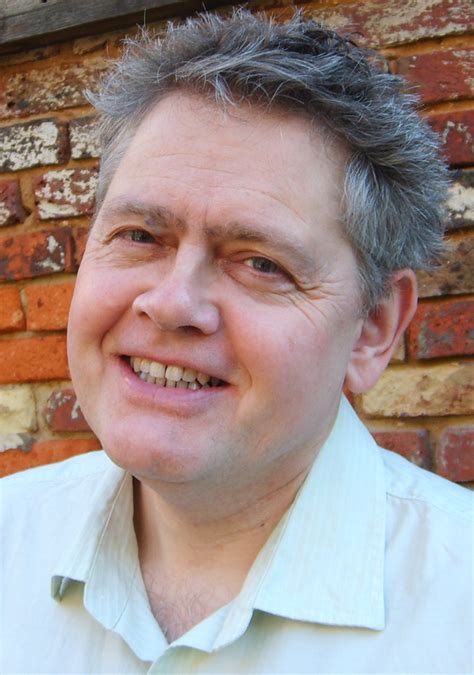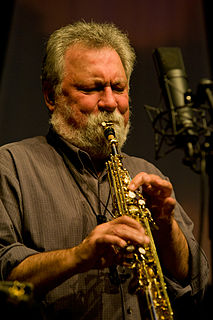Top 1200 Jazz Improvisation Quotes & Sayings - Page 6
Explore popular Jazz Improvisation quotes.
Last updated on December 22, 2024.
It's always difficult to define what jazz is or what jazz isn't. To me, the only definition that I can think of is it's music where a lot of different elements are played at the same time. The harmonic, the melodic... You're pushing the boundaries on every level. That could be true of rhythm and blues as well. I'm a musician.
Through the dark days of legalized segregation and on into the civil rights era, jazz shone as a beacon for achieving interracial respect and understanding. It seemed as if the dream of a color-blind society was within reach in the jazz world, where musicians were judged on merit and not skin color.
My school music teacher, Al Bennest, introduced me to jazz by playing Louis Armstrong's record of "West End Blues" for me. I found more jazz on the radio, and began looking for records. My paper route money, and later, money I earned working after school in a print shop and a butcher shop went toward buying jazz records. I taught myself the alto saxophone and the drums in order to play in my high school dance band.
I never liked jazz music because jazz music doesn't resolve. But I was outside the Bagdad Theater in Portland one night when I saw a man playing the saxophone. I stood there for fifteen minutes, and he never opened his eyes. After that I liked jazz music. Sometimes you have to watch somebody love something before you can love it yourself. It is as if they are showing you the way. I used to not like God because God didn't resolve. But that was before any of this happened.
People have their own interests and they want to play a certain kind of music. People want to play in orchestras. They want to play on Broadway. Those that want to play traditional jazz and have no interests in the ideas of improvisation. So in spit of the fact that there are fifty violin players, you might only narrow it down to ten and within those ten, there might only be three who have the right kind of background and credentials to deal with what you need to deal with. Everybody's got their own special thing that they are after and a lot of times you don't have time to be training people.









